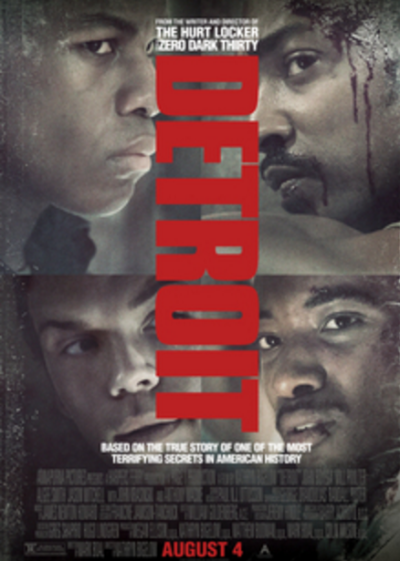'Detroit' Film Review: God's House the Only Safe Place After Tragic Injustice

Kathryn Bigelow's new film "Detroit" hits theaters Friday and along with highlighting a tragic incident in history during the Detroit '67 race riots, the timely film's lead character — Larry Reed — leaves viewers with the notion that safety in times of injustice and unrest can only be found in the house of God.
The Christian Post attended an early screening of "Detroit" this week and with shaky camera tricks and intense content, the film will take viewers on a journey of a specific evening during the 1967 race riots which ended in the deaths of multiple innocent African-American males at The Algiers Hotel, by the hands of the Detroit police.
With an impressive cast of which many are professing Christians, "Detroit" features many next generation talent such as John Boyega ("Star Wars"), Will Poulter ("The Revenant"), Jason Mitchell ("Straight Outta Compton"), Anthony Mackie ("Hurt Locker"), Jacob Latimore ("Collateral Beauty") and John Krasinski ("The Office").
Although loaded with profanity and a scene which features slight nudity, the true story makes an impactful impression because of its relevance to this time and day.
The plot follows the police raid in Detroit in 1967 which results in a multi-day riot. "The story is centered on the Algiers Motel incident, which occurred on July 25, 1967, during the racially charged 12th Street Riot. It involves the death of three black men and the beatings of nine other people: seven black men and two white women."









